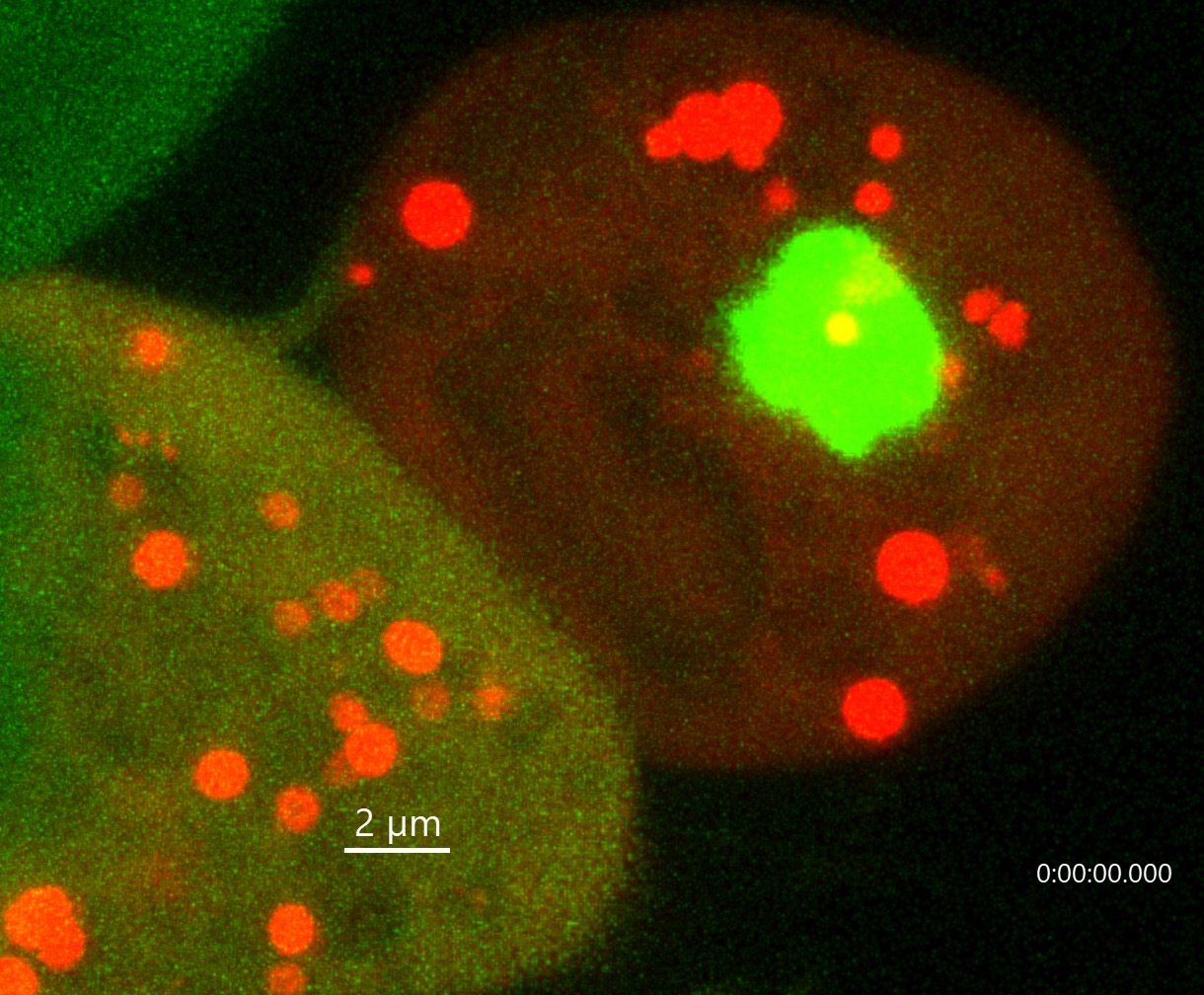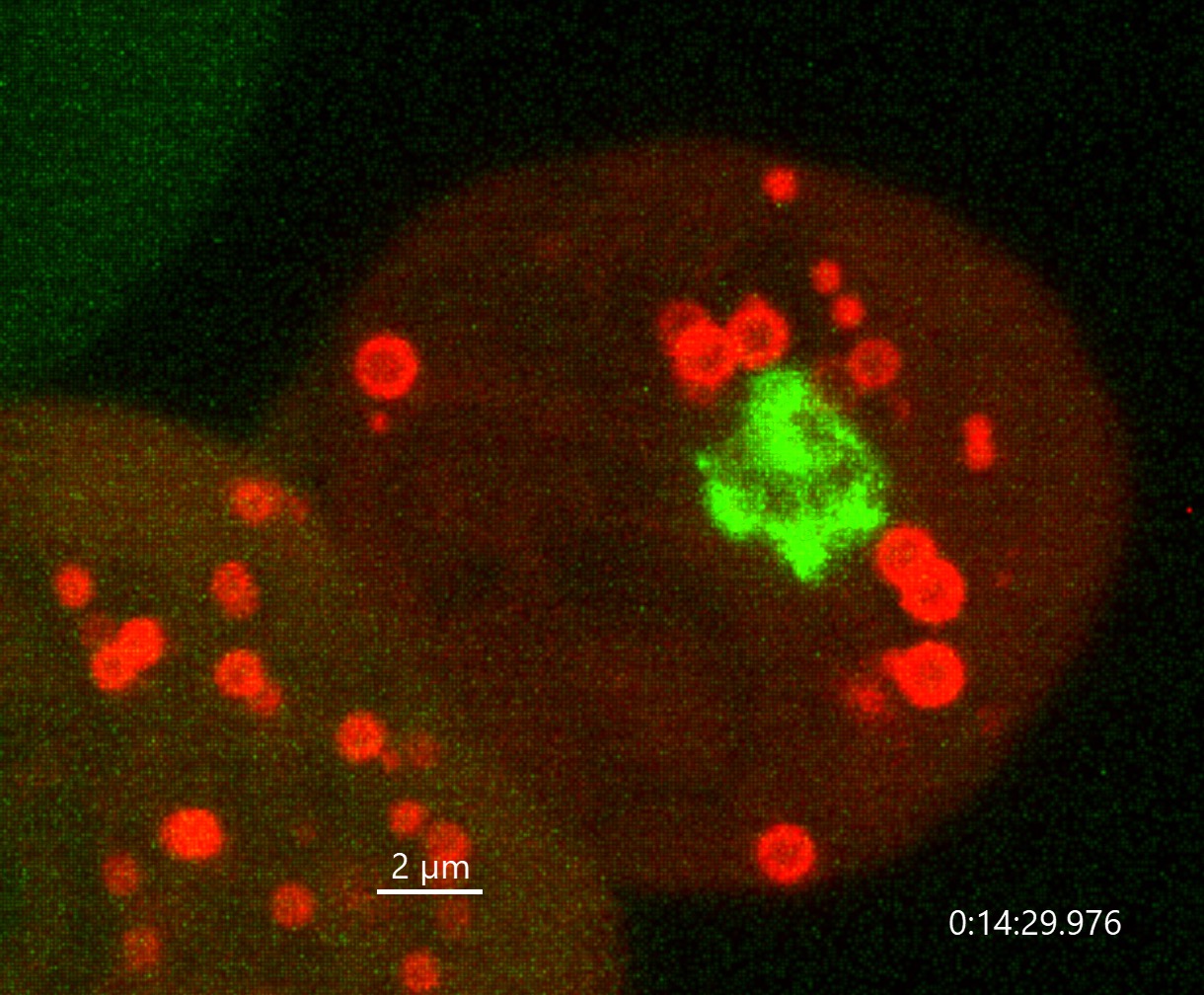Naeha Subramanian


Biomolecular condensates in innate immunity and inflammasome signaling
Abstract:
Biomolecular condensates have emerged as critical regulators of diverse cellular processes, including immune signaling. In innate immunity, recent findings reveal that these dynamic, membrane-less assemblies play a pivotal role in organizing and coordinating signaling pathways, particularly during the assembly and activation of macromolecular complexes such as inflammasomes. We are investigating how the formation and maturation of biomolecular condensates contribute to the spatiotemporal regulation of innate immune signaling. These condensates transition through distinct physical states to scaffold signaling events, enabling precise and dynamic control of immune responses. In this talk, I will discuss how these transitions regulate innate immune signaling, the biophysical principles underlying their function, and their broader implications for understanding the molecular coordination of immune responses and potential therapeutic strategies targeting dysregulated inflammasome activity.
Speaker: Naeha Subramanian, Institute for Systems Biology
Naeha Subramanian is an Associate Professor at the Institute for Systems Biology (ISB) and an Affiliate Associate Professor in the Department of Immunology at the University of Washington. Her lab focuses on the regulation of innate immune pathways, with a particular emphasis on macromolecular machines called inflammasomes and intracellular sensors such as NOD-like receptors (NLRs). Her research has revealed the spatial aspects of NLRP3 inflammasome activation, the co-option of the NLRC4 inflammasome by Salmonella, and how small, sustained increases in NOD1 expression can serve as tipping points for cellular transformation. Her lab applies systems biology and multiomic approaches to uncover the underlying mechanisms and identify immune determinants of infectious diseases. She has been recognized with honors including the NIAID Merit Award and the NIH Director’s Award for her contributions.
Host: Alexander Xu
Seminars start at 4:00 pm, and refreshments will be served at 3:45 pm.
This seminar will be held in room 3150 of the Physical Sciences Complex (Bldg #415).


